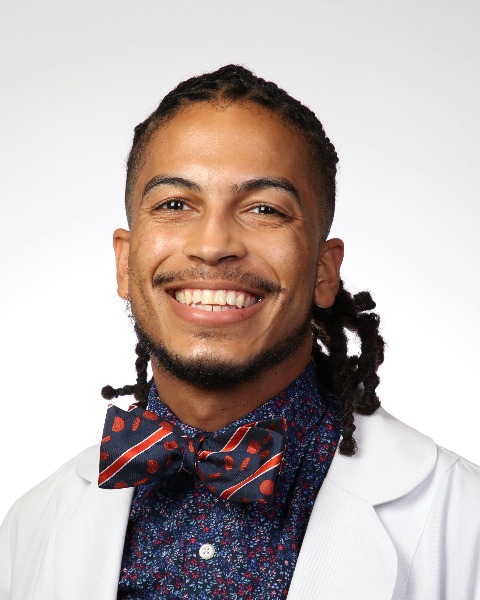Hematology/Oncology
Session: Hematology/Oncology Works in Progress
WIP 38 - Assessing Best Practices for Curative Therapies Counseling in Sickle Cell Disease
Saturday, May 4, 2024
3:30 PM - 6:00 PM ET
Poster Number: WIP 38
Publication Number: WIP 38.962
Publication Number: WIP 38.962

Jeffrey G. Edwards, MD, MPH (he/him/his)
Resident Physician
Boston Children's Hospital/Boston Medical Center
Boston, Massachusetts, United States
WIP Presenting Author(s)
Background: Sickle cell disease (SCD) causes significant co-morbidities and early mortality secondary to vaso-occlusion and hemolysis. Despite medical advances, such as newborn screening and hydroxyurea, decreasing the likelihood of complications associated with SCD, those with the disease continue to have a reduced life expectancy.
The only available curative therapy (CT) for SCD is stem cell transplant, which requires a human leukocyte antigen (HLA) matched donor, ideally a sibling. Currently in clinical trials, techniques such as gene therapy may soon provide additional methods of CT without requiring an HLA-matched donor, though equity in access to CT for SCD remains an ongoing concern. CT implementation for SCD has lagged behind implementation for other hematological diseases such as thalassemia.
Accomplishing equity of access to CT requires systematic approaches to the offering of and counseling regarding curative options. Several approaches have been proposed to accomplish this goal including joint clinics and universal referral.
Objective: The aim of this study is to understand the varied programmatic components of institutions referring patients with SCD to CT and to standardize the process as a means of promoting equity in access.
Design/Methods: The study is being conducted through survey methodology, with 18 questions outlining current practices related to SCD and CT discussions in pediatric hematology clinics. We are surveying the Sickle Cell Transplant Advocacy and Research (STAR) Alliance providers to learn more about these varied approaches at institutions across the country.
We received an IRB-exempt determination from the Boston Children’s Hospital IRB. REDCap is the survey tool.
Regarding the timeline of the study, initial data collection has begun at our home institutions. The survey will be further disseminated at the national STAR Alliance meeting occurring in mid-November. The data analyses will consist of descriptive statistics and thematic analysis of free-response answers.
